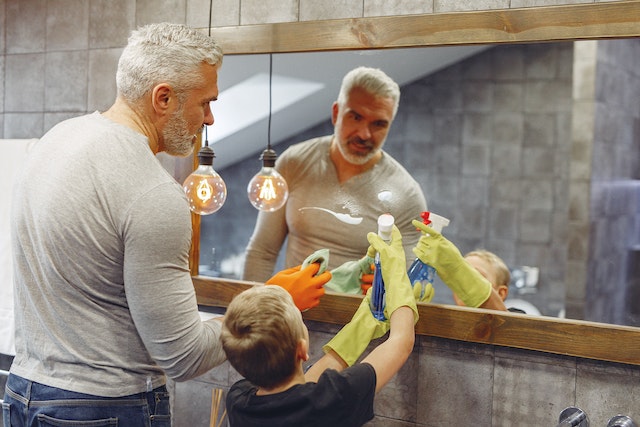Asking questions is an essential part of communication with children.
Questions help parents and caregivers understand what their children are thinking and feeling, and they can also encourage children to think critically and express themselves.
However, it’s important to ask the right kinds of questions to encourage open and honest communication.
Here are some types of questions to ask kids:
Open-ended questions:
These are questions that require more than a yes or no answer.
Examples include “What did you do at school today?” or “How are you feeling?”
Reflective questions:
These are questions that encourage children to think about their experiences and emotions.
Examples include “What was the best part of your day?” or “How did that make you feel?”
Hypothetical questions:
These are questions that encourage children to think about different scenarios and outcomes.
Examples include “What would you do if you could fly?” or “What do you think would happen if everyone in the world was kind to each other?”
Clarifying questions:
These are questions that help children explain their thoughts or feelings in more detail.
Examples include “Can you tell me more about that?” or “What do you mean by that?”
Fun questions:
These are questions that encourage children to use their imagination and creativity.
Examples include “If you could be any animal, what would you be?” or “What’s your favorite thing to do with your friends?”
It’s important to remember that the way questions are phrased can also influence the responses that children give.
Here are some tips for asking questions that encourage open and honest communication:
Use a friendly and non-judgmental tone.
Avoid asking leading questions that suggest a particular answer.
Be patient and give children time to answer.
Show interest and actively listen to their responses.
Ask follow-up questions to encourage more discussion.
Asking questions is a powerful tool for building trust and communication with children.
By using open-ended, reflective, hypothetical, clarifying, and fun questions, parents and caregivers can encourage children to express themselves and think critically about their experiences.
Remember to approach questioning with a non-judgmental and friendly tone, actively listen to their responses, and ask follow-up questions to encourage more discussion.
![]()











